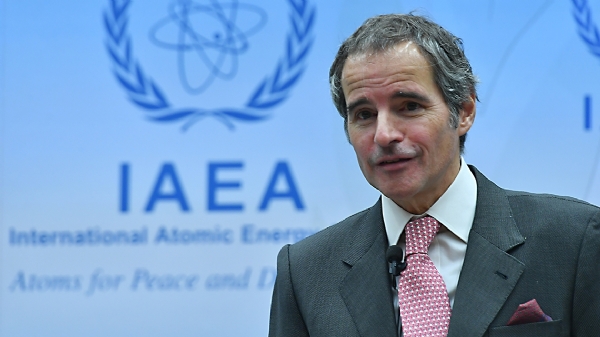India’s BrahMos missile misfire into Pakistan not of specific concern: Nuclear watchdog chief
"India’s BrahMos missile misfire into Pakistan was never an issue of any specific concern for us," Rafael Mariano Grossi, the director general of the International Atomic Energy Agency said.
Total Views | 134
New Delhi, Nov 14: In a significant development about the accidental firing of a BrahMos missile from Indian territory, that landed in Pakistan in March, the chief of the international nuclear watchdog said that incident was not cause for any specific concern.

According to The Indian Express, Rafael Mariano Grossi, the director general of the International Atomic Energy Agency, said that the organisation did not seek any information from the Indian government on the matter. He also said that the misfiring did not raise any doubts about the safety of nuclear material in India.
"We are constantly looking at all the situations around the world and of course we look with interest when a very important member state of the IAEA has issues," Grossi told The Indian Express in an interview. "But it [the BrahMos incident] was never an issue of any specific concern for us."
On March 9, Pakistan said that a high-speed Indian projectile had entered its airspace and crashed near Mian Channu city in Khanewal district, damaging some civilian property.
Also Read: India fires 3 IAF officers for misfiring BrahMos missile into Pakistan
Indian defence ministry had described the incident as “deeply regrettable” and said that the accidental firing took place due to a “technical malfunction” during a routine maintenance operation.
In August, the ministry terminated the services of three Indian Air Force officials held responsible for the accidental firing. Pakistan, however, had said that it "rejects India’s purported closure" of the incident, and called for a joint investigation.
Bharati Web
Mes, Pune







